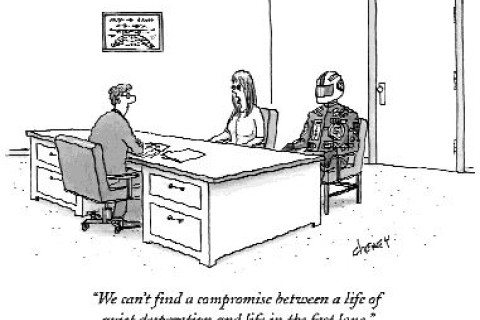Features
Full disclosure: When things go wrong
On April 1, Robert Powell resigned from the Dallas police force. Powell is the rookie police officer who stopped NFL player Ryan Moats for rolling through a red light. Moats explained that he was rushing his wife to her dying mother’s side, but the squad-car video captured Powell berating Moats and holding him for 13 minutes—the last 13 minutes of Moats’s mother-in-law’s life. Powell was pilloried by the press and even by his own department. The apology he offered seemed insincere, and his remorse strategic. Under the weight of the nation’s judgment, the 25-year-old rookie resigned.
Orthodox resurgence: Civil religion in Russia
Immediately after his inauguration as president of the Russian Federation in May 2008, Dmitry Medvedev proceeded to a Kremlin church, where Patriarch Aleksy II blessed him and gave him an icon of the Vladimir Mother of God, to which Russians over the centuries have turned for national protection. Medvedev, along with former president Vladimir Putin, was again present when Metropolitan Kirill was enthroned as the new patriarch of the Russian Orthodox Church on February 1.
Orthodox resurgence: Civil religion in Russia
Immediately after his inauguration as president of the Russian Federation in May 2008, Dmitry Medvedev proceeded to a Kremlin church, where Patriarch Aleksy II blessed him and gave him an icon of the Vladimir Mother of God, to which Russians over the centuries have turned for national protection. Medvedev, along with former president Vladimir Putin, was again present when Metropolitan Kirill was enthroned as the new patriarch of the Russian Orthodox Church on February 1.
Slings and arrows: Living with criticism
Slings and arrows: Living with criticism
Is Anybody There?
The low-budget English production Is Anybody There? is now reaching screens in the United States, thanks to the presence of Michael Caine in the lead role. The action takes place at Lark Hall, a family-run nursing facility. As one aging resident dies, another arrives to take over the bed—a cycle of life and death accepted mostly with a nod and a shrug.
Books
The Nazis' Jesus
Reading the Hebrew Bible After the Shoah: Engaging Holocaust Theology
A People's History of Christianity: The Other Side of the Story
Falwell Inc.: Inside a Religious, Political, Educational, and Business Empire
Departments
Old Hickory: Andrew Jackson and Abraham Lincoln
Majority rule? Church decision making: Church decision making
Maison Shalom: Infectious love in Burundi
A faith explosion: The global reach of Congo's churches
News
Century Marks
Outside the gate: Three British doctors started a hunger strike last month in Egypt because they’ve been denied access to Gaza via the Rafah crossing. Their aim is to start a cardiac surgery unit in Gaza City to train medical students and junior doctors. They want the British embassy to pressure Egypt to grant their passage (Guardian, May 19).








